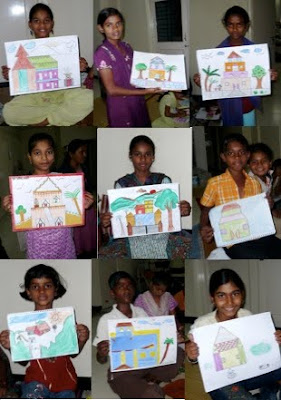
Google Earth has featured Shelter Associate's work under their 'Google Earth hero Campaign'. SA was chosen because it has been using Google earth as a tool to help the poor get access to basic services and housing. A short video has been made.
Click the link to view the video!











